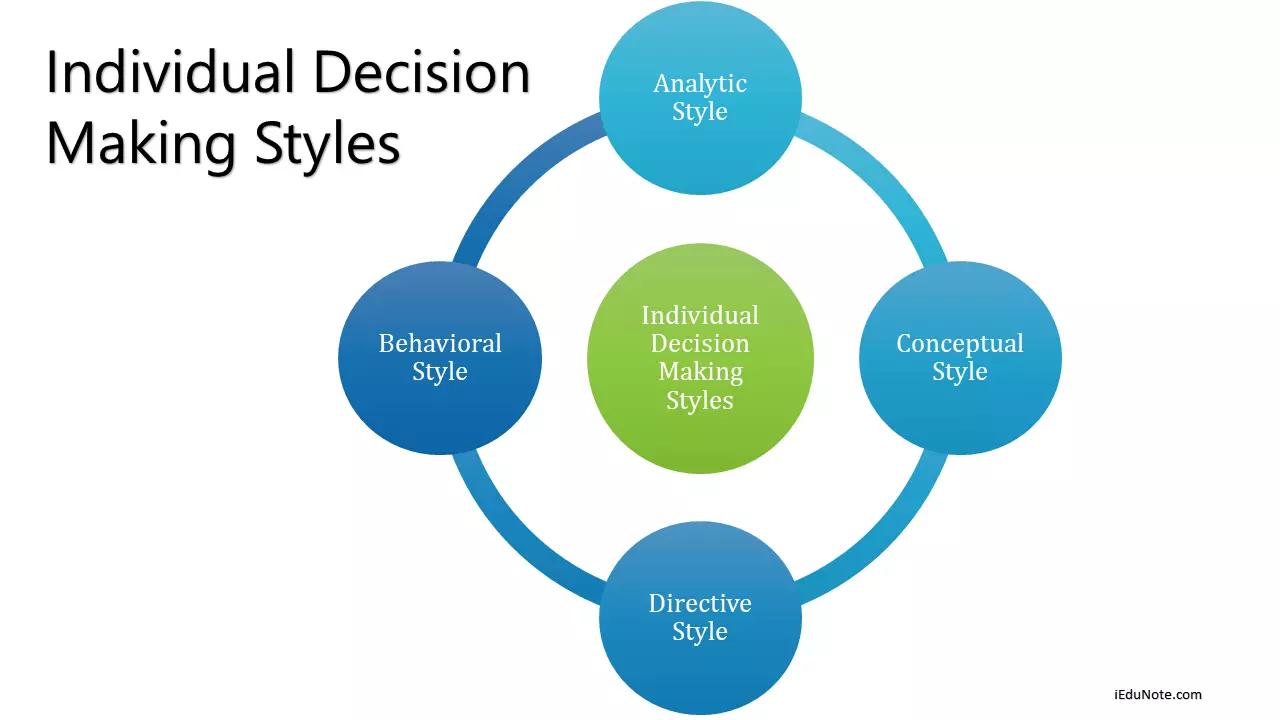Dementia: Recognize Signs and Take Practical Steps
Memory lapses happen to everyone. Missing a name or forgetting an appointment once in a while isn't the same as dementia. Dementia starts when thinking or memory problems begin to interfere with day-to-day life. If you notice steady decline, it's time to act.
How to spot dementia early
Watch for specific changes, not just occasional forgetfulness. Key warning signs include repeating questions, getting lost in familiar places, trouble finding words, poor judgment like giving away money, and sudden mood swings or apathy. If these issues last for months and get worse, ask a doctor for an evaluation.
Doctors use simple tools such as the MMSE or MoCA tests, plus a physical exam and basic blood tests to rule out vitamin or thyroid problems. Imaging (like MRI) can help identify treatable causes. Early diagnosis helps you plan and access treatments or support sooner.
Practical care, safety and prevention tips
There’s no guaranteed cure for most dementias, but certain medicines—like donepezil or memantine—can help symptoms for some people. Only a doctor can decide if those meds fit. Also treat other health issues: control high blood pressure, manage diabetes, quit smoking, and aim for regular exercise. These steps reduce risk or slow decline.
Make the home safer: remove loose rugs, add night lights, label drawers and cupboards, and keep a simple daily schedule. Use large calendars, pill organizers, and smartphone reminders. If driving becomes unsafe, plan alternate transport ahead of time.
Caregivers: set routines, break tasks into small steps, and keep instructions simple. Use calm voice and eye contact. Accept help early—respite care, support groups, or a visiting nurse can prevent burnout. Legal and financial planning matters: get a power of attorney and an advance directive while the person can still decide.
Small lifestyle choices add up. Aim for 30 minutes of moderate activity most days, follow a balanced diet, keep social connections, and protect hearing—untreated hearing loss links to faster decline. Good sleep matters too. These are not magic fixes, but they help brain health over time.
When to see a doctor? If memory or thinking problems change daily life, if you or family worry about safety, or if mood and behavior shift quickly. Early action gives you options: treatment, support services, and time to plan.
If you want a starting checklist: note specific changes and when they began, list current meds, prepare recent health history, and take a trusted family member to the appointment. That makes medical visits more useful and saves time.
Dealing with dementia is tough, but you don’t have to do it alone. Ask your healthcare provider about local memory clinics, community resources, and caregiver support. Small steps now can make daily life safer and more manageable for everyone involved.

Strategies for Managing Dementia-Related Behavioral Changes
In my recent blog post, I discussed various strategies for managing dementia-related behavioral changes. I emphasized the importance of understanding the triggers behind these changes, and how creating a stable daily routine can make a significant difference. I also covered the role of communication, both verbal and non-verbal, in addressing and preventing episodes of agitation or confusion. Additionally, I touched upon environmental modifications and the need for caregivers to practice self-care and seek support. Overall, my post aims to equip readers with practical tips to better navigate the challenges of dementia care.
